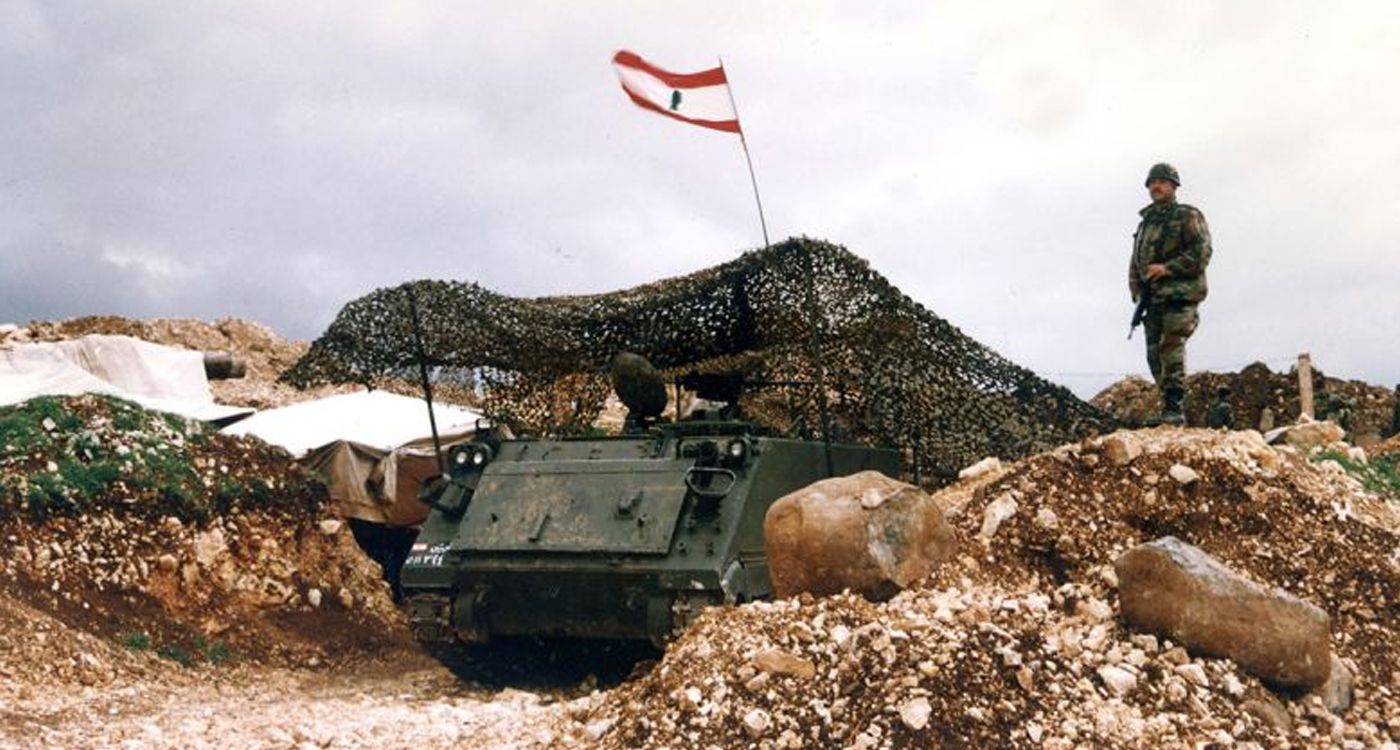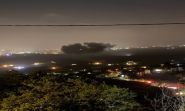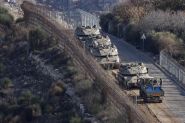
Several questions arise regarding the targeting of the Lebanese soldiers deployed in the south by the Israeli army, despite assurances that the Lebanese regular troops are not a target in Israeli military operations.
The Lebanese Army had evacuated its forward positions along the border to avoid any Israeli attacks. However, some of its units in the south have been subjected to a series of assaults. In Taybeh, a soldier was killed while accompanying the Red Cross. In Kafra, two soldiers lost their lives when their checkpoint was targeted. In Ain Ebel, three soldiers were also killed when an Israeli missile hit their military truck. In Yater, three soldiers, including an officer, were killed while trying to evacuate wounded people.
These incidents have prompted the army command to intensify communications with the United States and the United Nations Interim Force in Lebanon (UNIFIL) to stop these attacks on Lebanese soldiers, particularly since their locations and posts are well known by the Israelis and can be easily distinguished from other military groups in the area.
Moreover, the army always coordinates its movements during this war phase with international forces, which in turn inform the Israelis.
Observers on the ground have noted that military developments sometimes force soldiers to move quickly, especially when they receive distress calls regarding injured individuals who need to be evacuated to hospitals. This was the case in Taybeh, where a soldier was killed, and in Yater, where three soldiers lost their lives. However, it seems that the Israeli army, as part of its on-ground violations, refuses to allow any rescue efforts in certain areas. As a result, it targets anyone moving toward those locations. This tactic was employed in southern Beirut suburbs when Israel’s air force prevented any rescue attempts for several days, after targeting Hashem Safieddine, who was supposed to succeed Hezbollah’s chief, Hassan Nasrallah.
Despite repeated attacks on the Lebanese Army, the Israeli army claims that it is not targeting it and that its war is solely against Hezbollah. Tel Aviv states that it is investigating the incidents involving the Lebanese Army. However, these investigations have not stopped the attacks, which many fear will continue under various pretexts.
It seems as though Israel is sending conflicting messages, suggesting that it does not want the Lebanese Army to have any role in southern Lebanon unless it aligns with Israeli security measures. These measures seem to go beyond UN Resolution 1701.
Israel also is imposing similar restrictions on UNIFIL, which, along with the Lebanese Army, is a key player in enforcing Resolution 1701. The irony is that this Israeli stance matches, perhaps coincidentally, the views of some in Lebanon who claim that the army is incapable of protecting the country or confronting Israel, and that UNIFIL is serving Israeli interests.




Comments